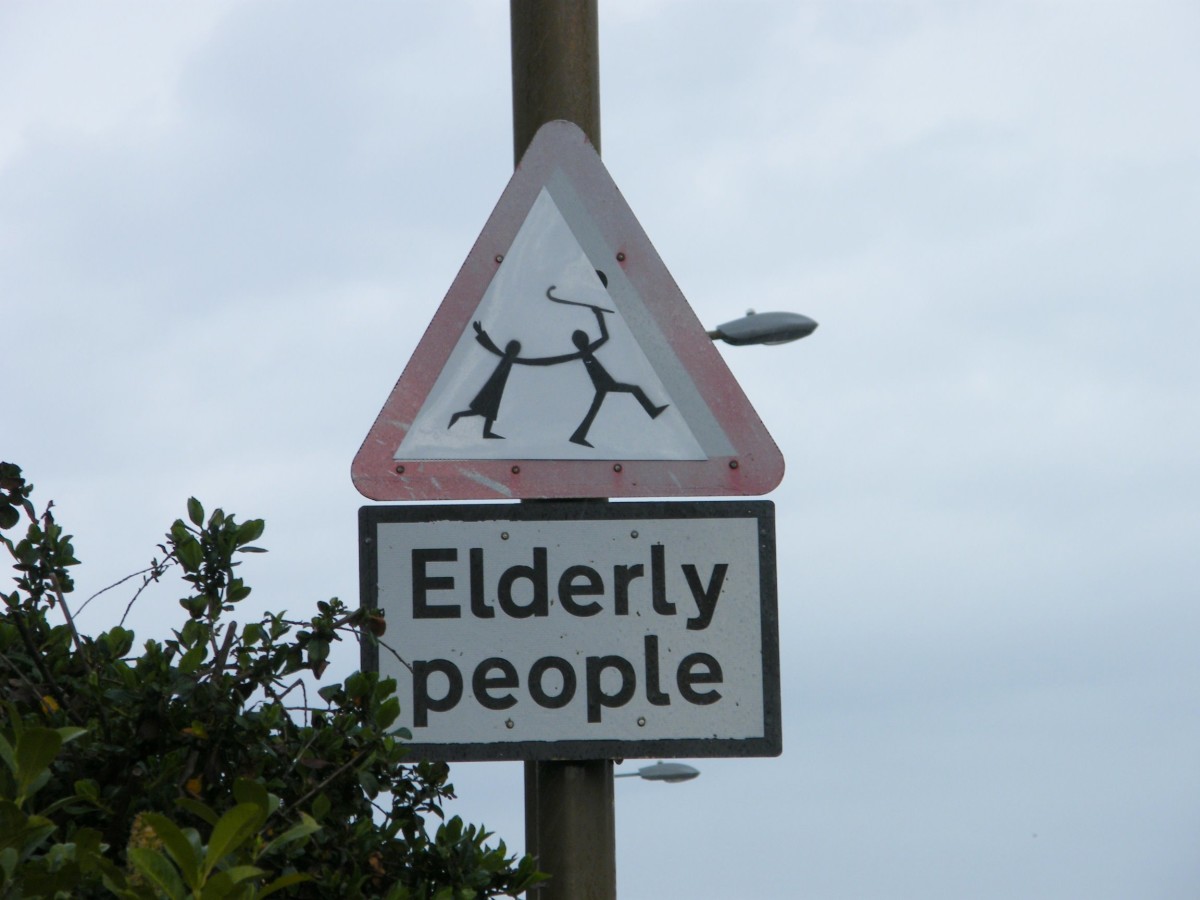Despite myriad tech options, Americans tend to seek IRL opportunities for education.
This according to a new Pew Research Center survey, which highlights “lifelong learning” among American adults. Turns out a lot of Americans like to learn — a full 73 percent of the 2,752 people surveyed identify as lifelong learners.
Downtown D.C.-based Pew found 74 percent of respondents are “personal learners” who pursue the advancement of their own knowledge for their own sake, while 36 percent (63 percent of those who are working) seek additional education for job-related reasons.
However, despite the ready availability of digital tools for gaining skills or increasing knowledge, most Americans still say in-person locations are where learning happens. “It might come as a surprise to technology enthusiasts that more learners pursue knowledge in physical settings than choose to seek it online,” John Horrigan, senior researcher at Pew, said in a statement.
People identifying as #LifelongLearners likely to be younger, more educated, better-off https://t.co/U6tAxCEwrQ pic.twitter.com/FuIChj014N
— Pew Research Center (@pewresearch) March 22, 2016
Indeed, the margins are pretty big. Personal learners are more likely to cite schools or libraries as places where they go to learn by an 81 percent to 52 percent margin. Professional learners, meanwhile, name work venues over the internet by 90 percent to 55 percent.
Some stats later on in the survey hint at why this might be the case — Americans just aren’t aware of some of the biggest digital education trends. Seventy nine percent of those surveyed told Pew they had little or no knowledge of The Kahn Academy; 80 percent answered the same for massive open online courses (MOOCs).
The survey also shows key differences in proclivity towards lifelong learning among people of different socio-economic backgrounds. Americans with lower levels of education and household income are less likely to identify as lifelong learners in general — they’re also less likely to use the internet for educational purposes.
This, Horrigan said, serves as “a cautionary note to those who hoped digital tools would automatically democratize education and access to knowledge.”
"Personal learners more likely to pursue activities at physical locals than on the internet https://t.co/4tYkBhxJxs pic.twitter.com/4wwuRq4sC5
— Pew Research Center (@pewresearch) March 22, 2016
The digital divide remains a big roadblock for some. Pew’s survey says “just over half” of Americans have both a smartphone and broadband access at home — those with one or neither are, obviously, much less likely to use the internet for personal learning.
The results of this survey are interesting to consider in light of recent investor interest in edtech. While technology can theoretically do wonders for connecting more people to more information and education — practical barriers like access and awareness still need to be addressed.
Join the conversation!
Find news, events, jobs and people who share your interests on Technical.ly's open community Slack

DC daily roundup: Esports at Maryland rec center; High schoolers' brain algorithm; Power data centers with coal?

DC daily roundup: Tyto Athene's cross-DMV deal; Spirit owner sells to Accenture; meet 2GI's new cohort

DC daily roundup: $10M to streamline govt. contracting; life sciences might dethrone software; Acadia's new $50M

